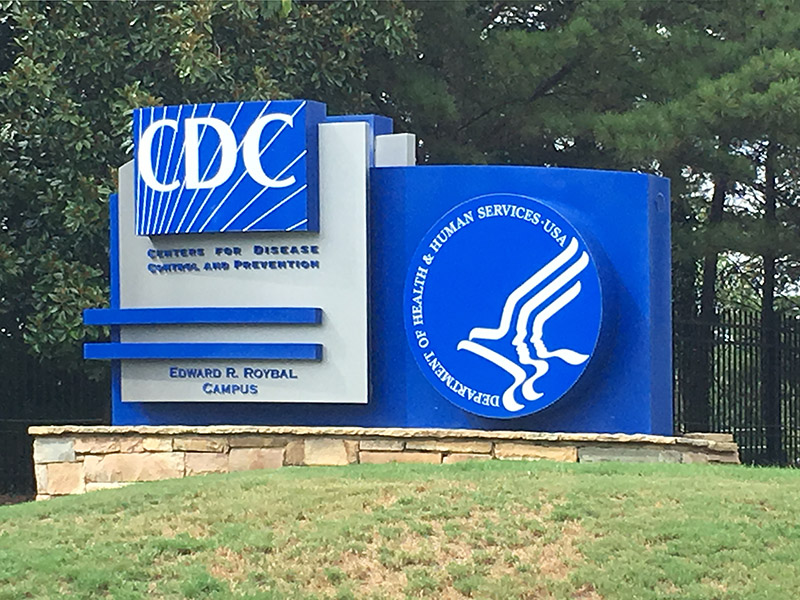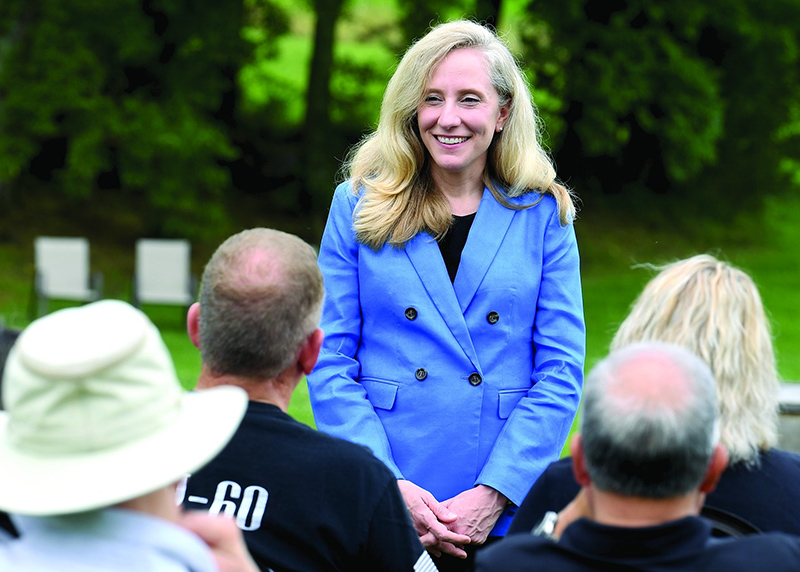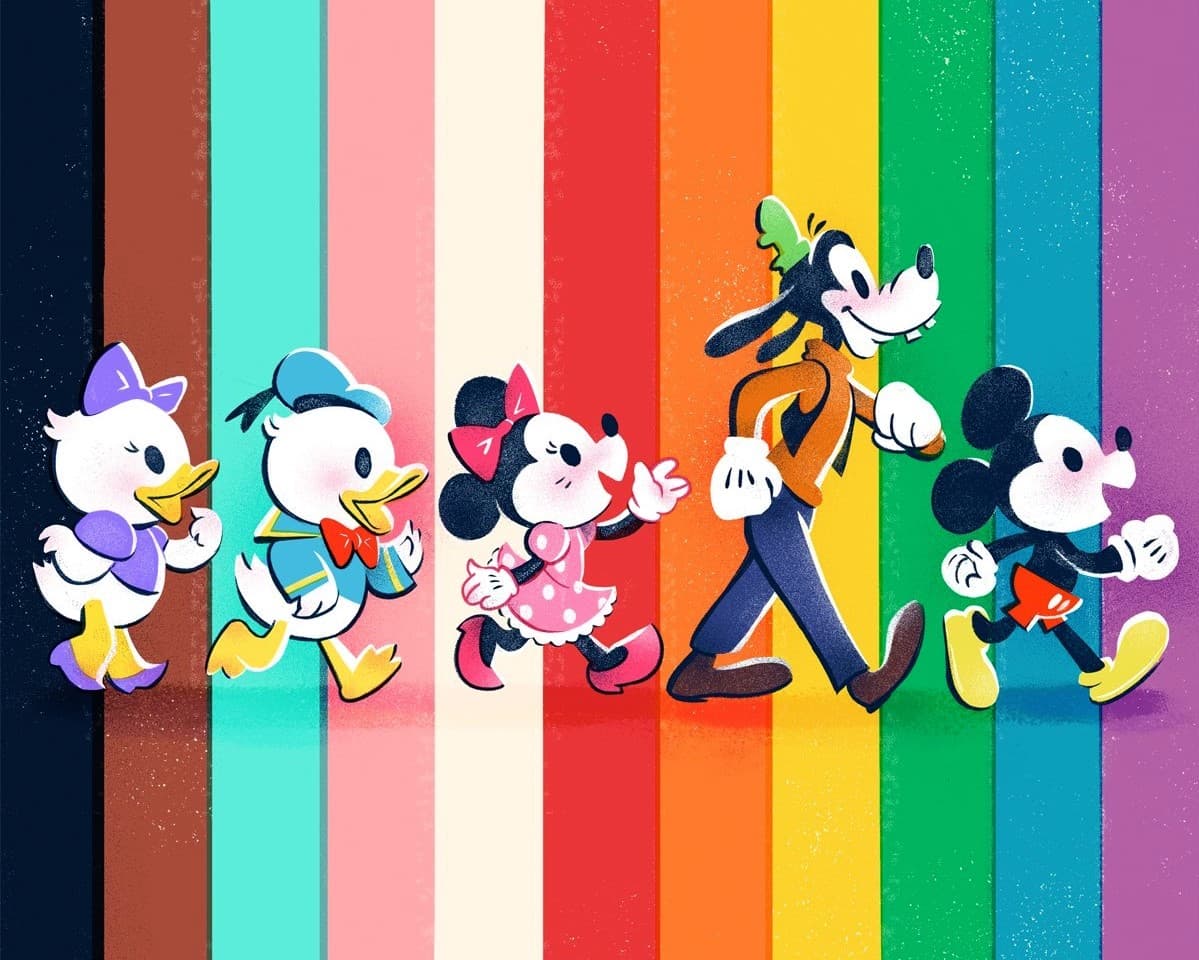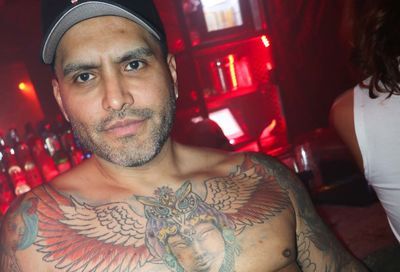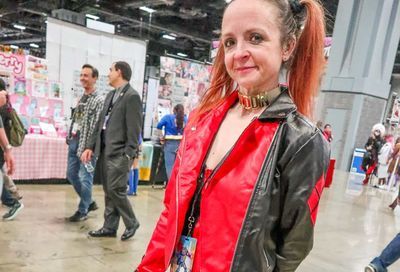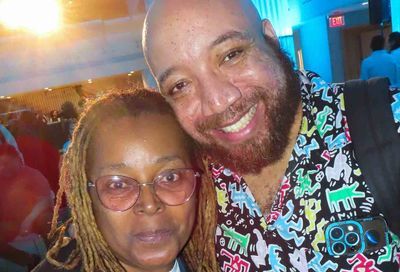No Safe Zone
Gay Iraqis who face escalating violence and deadly attacks are asking Washington for help
It took him 18 months of paperwork, pulling bureaucratic strings, and making calls, but “Hussam” finally made it to New York, little more than a year ago. If he hadn’t, he guesses he’d either be dead or wish that he were.
Hussam, who cannot use his real name for fear that his family still in Iraq may be identified by those who would do them harm. As a gay Iraqi who was able to escape, however, he still feels compelled to do something. Generally that means running an online group read by hundreds of GLBT Iraqis, both in that country and out. It also means coming to Washington to speak to audiences in an effort to raise funds for Helem, a Lebanon-based group leading the effort to protect GLBT Iraqis. In the current reality, that means helping them escape.
“Immediately after Saddam was ousted, there was a liberal movement,” Hussam says, going back to the 2003 invasion of Iraq. At the time, he and his gay friends were expecting a Westernizing of Iraq that would allow for a real GLBT community, rather than the weekend “men’s parties” at hotel discos in Baghdad.
“We had more open parties. The Internet, illegal before then, came in. Then there were all these hookup sites with thousands of men. We had a few months of ‘summer of love,’ so to speak. After that, things started going downhill. That’s when the insurgency started.”
That meant an end to nightlife, with sundown to sunup curfews. Of course, that was just the tip of the iceberg.
“All minorities became targets,” he says. “Homosexuals were the easiest targets. No one was going to step up and protect them.”
Despite the escalating violence, and the attacks on gays — often deadly — Hussam remained hopeful that if he was wise, he could avoid becoming a target. Then, in early 2004, the randomness of Iraq’s new violent homophobia became apparent.
“The first time I saw it, firsthand, I was in a market street in central Baghdad, next to the Green Zone,” he recalls. “I was walking with a friend of mine. We suddenly heard gunshots, and ran toward them to see what it was. The street was blocked. A pile of bodies was burning. What came to my head was that it was sectarian. But there was a note claiming responsibility for the attack.”
That note claimed that pile of burning bodies were “third gender,” the phrase some Iraqis use for gays. The executioners’ message also said the victims had been set ablaze so that their “disease” wouldn’t spread.
“This was my first exposure to how dangerous it was,” he says. “The first thing I did that day was buzz my hair. I dressed much more conservatively. I grew a beard.
“I went into a phase of depression and disappointment. We all had thought that after 2003, things would change for the better. We in the GLBT community always dreamt of going to America. Now, here America was coming to us — even better. But there was the opposite of what we were hoping. It was this big disappointment, having the East and West both against you, the religious groups climbing to positions of power in the government.”
To raise money for Helem, which has found itself under new fiscal pressure as it finds itself on the frontlines of aiding Iraq’s GLBT refugees, Hussam and another gay Iraqi will be speaking in Washington Friday, July 24, at the Human Rights Campaign Equality Center. Along with HRC, the event is also being presented by Human Rights Watch and the National LGBT Bar Association.
Eric Wingerter is the local gay man largely responsible for bringing them here. Recent consulting for the National LGBT Bar Association, where he came in contact with asylum-seeking, gay Iraqi refugees, made the crisis far more personal for him.
“There are so many problems in Iraq, it’s easy to ignore the most marginalized communities,” says Wingerter. “We felt it was important to focus on LGBT Iraqis, because they’re being victimized at a much higher rate. This is an opportunity to hear from [gay] Iraqis and to do something to help.”
The fundraising event takes place Friday, July 24, at the Human Rights Campaign Equality Center, 1640 Rhode Island Ave. NW, from 6 to 8 p.m. For more information about Helem, visit www.helem.net
Support Metro Weekly’s Journalism
These are challenging times for news organizations. And yet it’s crucial we stay active and provide vital resources and information to both our local readers and the world. So won’t you please take a moment and consider supporting Metro Weekly with a membership? For as little as $5 a month, you can help ensure Metro Weekly magazine and MetroWeekly.com remain free, viable resources as we provide the best, most diverse, culturally-resonant LGBTQ coverage in both the D.C. region and around the world. Memberships come with exclusive perks and discounts, your own personal digital delivery of each week’s magazine (and an archive), access to our Member's Lounge when it launches this fall, and exclusive members-only items like Metro Weekly Membership Mugs and Tote Bags! Check out all our membership levels here and please join us today!



